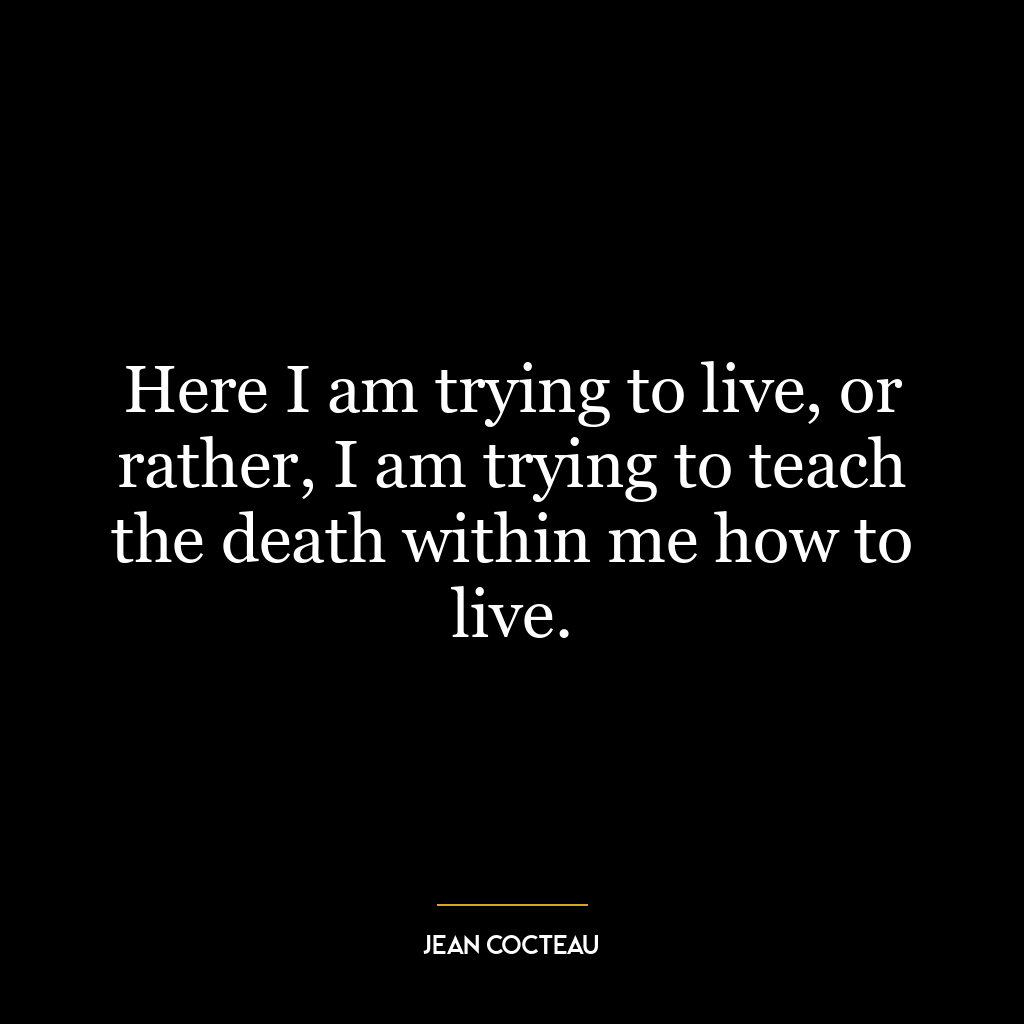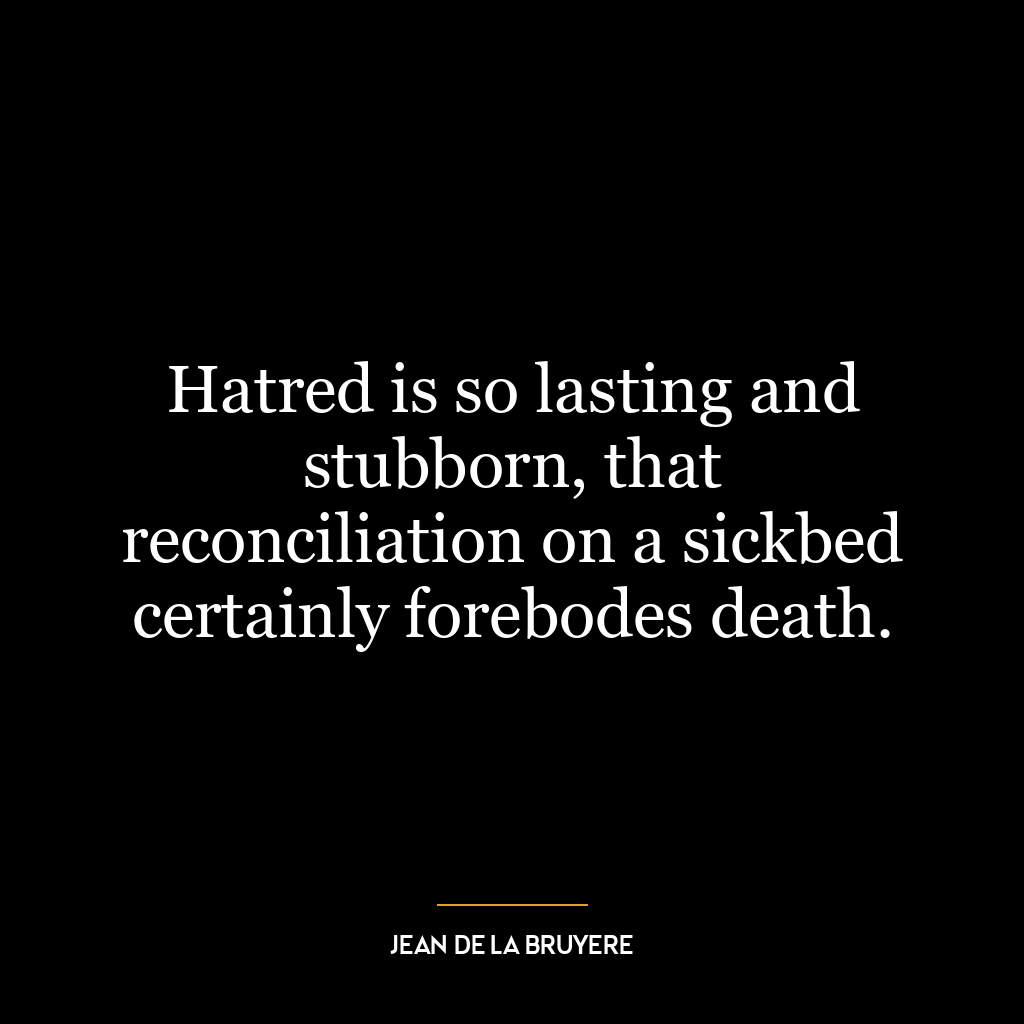This quote suggests that one of the greatest benefits of virtue, or moral righteousness, is the ability to disregard death. In other words, being virtuous helps us overcome the fear of mortality. This idea can be interpreted in two ways: firstly, a person who lives a morally upright life does not fear death because they know they have lived well and justly; secondly, it could also mean that virtuous individuals understand that death is a natural part of life and thus do not obsess over or dread its inevitability.
The ‘contempt’ for death here does not imply hatred or disrespect but rather an indifference towards it due to understanding its place in the grand scheme of life. Virtue allows us to live in such a way where we are focused on our actions and their impact on others rather than constantly worrying about our own mortality.
Applying this concept to today’s world or personal development may involve cultivating virtues such as honesty, kindness, perseverance etc., which would then lead us to live fulfilling lives with less fear about what happens after we die. It encourages living each day fully without being paralyzed by the thought of death.
In terms of personal growth and self-improvement contexts, this philosophy can help individuals focus less on their fears (such as failing or dying) and more on their actions in the present moment – doing what is right because it is right, not out of fear for future consequences. This shift can lead to more meaningful experiences since time isn’t wasted worrying about things outside one’s control like death but instead used in practicing virtues leading ultimately towards inner peace and fulfillment.










